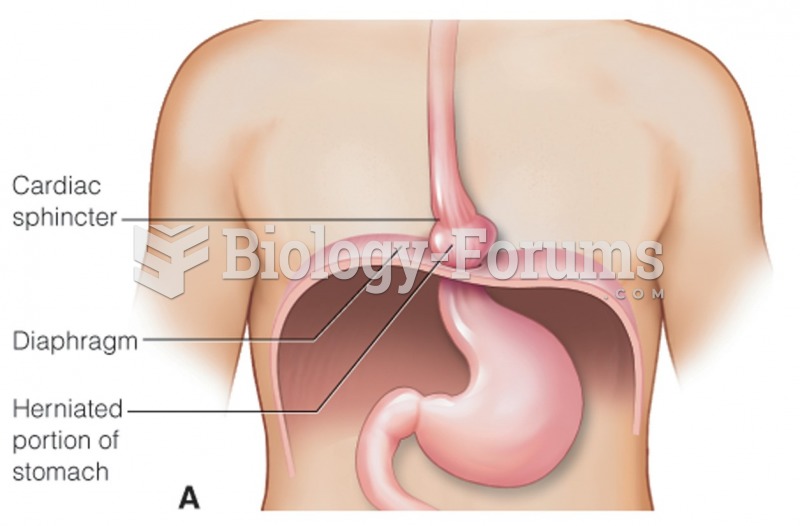|
|
|
Approximately 500,000 babies are born each year in the United States to teenage mothers.
Giardia is one of the most common intestinal parasites worldwide, and infects up to 20% of the world population, mostly in poorer countries with inadequate sanitation. Infections are most common in children, though chronic Giardia is more common in adults.
The people with the highest levels of LDL are Mexican American males and non-Hispanic black females.
When blood is exposed to air, it clots. Heparin allows the blood to come in direct contact with air without clotting.
The average older adult in the United States takes five prescription drugs per day. Half of these drugs contain a sedative. Alcohol should therefore be avoided by most senior citizens because of the dangerous interactions between alcohol and sedatives.







